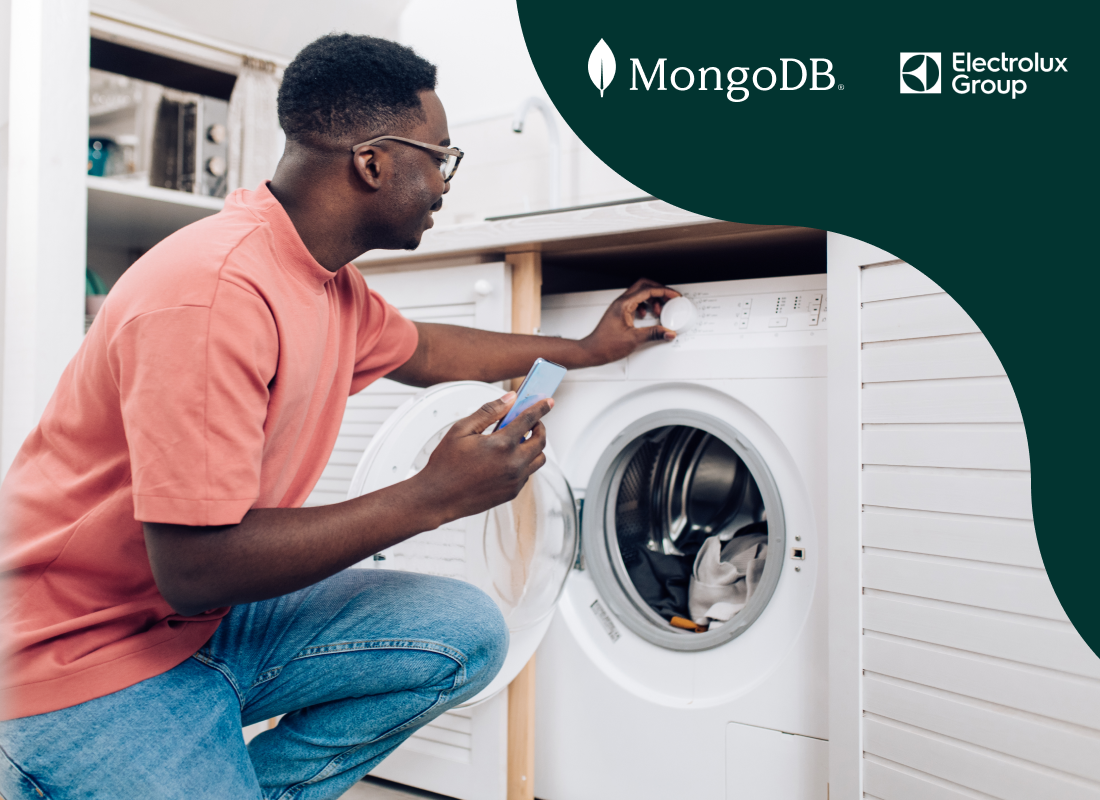Electrolux connects to over 6 million appliances with MongoDB Atlas

.png)
"We were impressed by the flexible data model, high performance, and how quickly we could implement MongoDB Atlas."
Daniele Autizi
Head of Engineering, D2C Personal Sales Team, Electrolux
Head of Engineering, D2C Personal Sales Team, Electrolux
.png)
"MongoDB Atlas reduces development overheads up to three times compared to our previous approach. Code reviews are five times faster, and it’s easy and fun for new starters."
Daniele Autizi
Head of Engineering, D2C Personal Sales Team, Electrolux
Head of Engineering, D2C Personal Sales Team, Electrolux
.png)
"We now have a solution to accelerate time to market and support future ventures as we expand into the direct-to-consumer market."
Daniele Autizi
Head of Engineering, D2C Personal Sales Team, Electrolux
Head of Engineering, D2C Personal Sales Team, Electrolux
Take the next step
Get access to all the tools and resources you need to start building something great when you register today.
.svg)